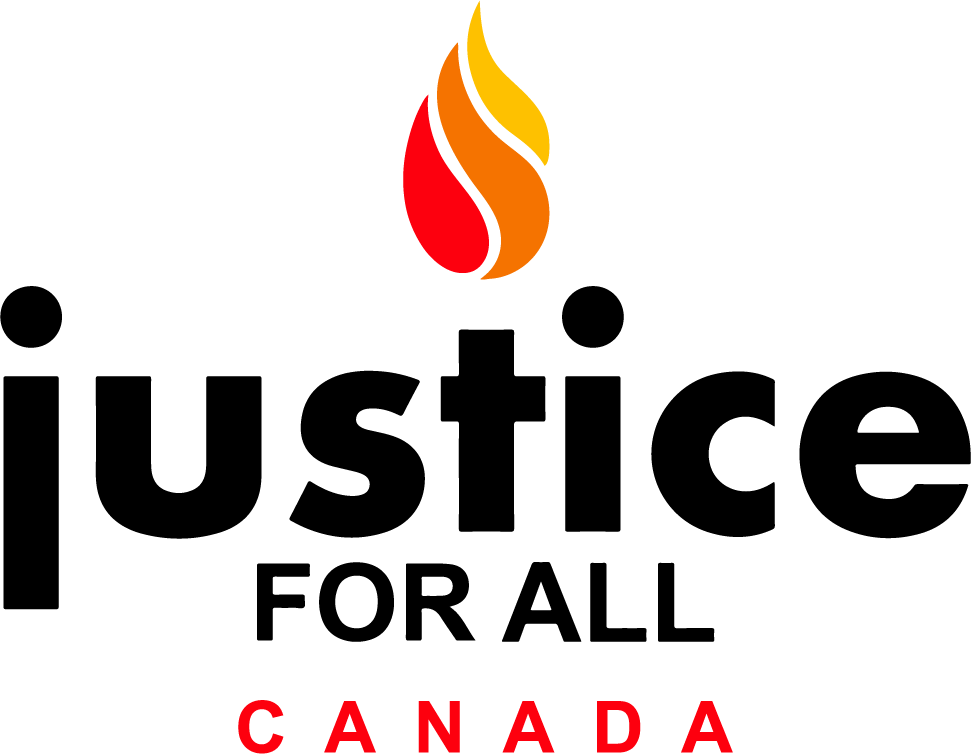Indian Supreme Court Verdict on Jammu and Kashmir
December 21st, 2023
On December 11th, 2023, the Supreme Court of India delivered a verdict upholding the Indian government's decision to revoke the special status accorded to Jammu and Kashmir under Article 370 of the Indian Constitution. This decision, which originally took place on August 5, 2019, dismantled the autonomy of the only Muslim-majority state in India. The permanent residents of Jammu & Kashmir have lost their exclusive privileges and have now become vulnerable to profound human rights implications for the population under strict Indian military occupation.
The Supreme Court's ruling asserted that Jammu & Kashmir had “no claim to sovereignty” after it acceded to India in 1947 and that the removal of Article 370 was not "malafide," indicating that the court found no evidence of bad faith or ill intent in the government's decision to revoke the special status of Jammu and Kashmir.
“Long before this verdict, India’s right-wing government had been laying the groundwork for irreversible changes through new laws related to land and jobs, signalling a gradual shift in Jammu and Kashmir's demographic composition and challenging the region's historical Muslim-majority status,” said Taha Ghayyur, Executive Director of Justice For All Canada.
Since the ruling, there have been sweeping detentions, surveillance, the criminalization of journalists and civil society activists, and an overwhelming sense of fear in Jammu & Kashmir, particularly in the Kashmir Valley. During the legislative process leading to the abrogation of Article 370, the Modi government also placed Kashmiri politicians under house arrest. It imposed the world’s most prolonged internet shutdown, lasting 552 days, impeding communication and restricting the ability of residents to express themselves and access information.
This significant development marks a major setback for the region already marred by human rights abuses committed by Indian occupying forces. For decades, Kashmiris have faced grave abuse of their rights to physical and mental integrity, arbitrary detention and unlawful killings, and violations of their freedom of expression, movement and ability to live without fear of discrimination.
The ruling has been criticized for its lack of clarity and legal explanations. According to Anuradha Bhasin, executive editor of The Kashmir Times, the verdict glosses over legal nuances and raises ambiguities.
Justice for All Canada urgently calls upon Prime Minister Justin Trudeau to prioritize human rights and the protection of minorities in any bilateral engagements with the Indian government, particularly under the Indo-Pacific Strategy, including;
On December 11th, 2023, the Supreme Court of India delivered a verdict upholding the Indian government's decision to revoke the special status accorded to Jammu and Kashmir under Article 370 of the Indian Constitution. This decision, which originally took place on August 5, 2019, dismantled the autonomy of the only Muslim-majority state in India. The permanent residents of Jammu & Kashmir have lost their exclusive privileges and have now become vulnerable to profound human rights implications for the population under strict Indian military occupation.
The Supreme Court's ruling asserted that Jammu & Kashmir had “no claim to sovereignty” after it acceded to India in 1947 and that the removal of Article 370 was not "malafide," indicating that the court found no evidence of bad faith or ill intent in the government's decision to revoke the special status of Jammu and Kashmir.
“Long before this verdict, India’s right-wing government had been laying the groundwork for irreversible changes through new laws related to land and jobs, signalling a gradual shift in Jammu and Kashmir's demographic composition and challenging the region's historical Muslim-majority status,” said Taha Ghayyur, Executive Director of Justice For All Canada.
Since the ruling, there have been sweeping detentions, surveillance, the criminalization of journalists and civil society activists, and an overwhelming sense of fear in Jammu & Kashmir, particularly in the Kashmir Valley. During the legislative process leading to the abrogation of Article 370, the Modi government also placed Kashmiri politicians under house arrest. It imposed the world’s most prolonged internet shutdown, lasting 552 days, impeding communication and restricting the ability of residents to express themselves and access information.
This significant development marks a major setback for the region already marred by human rights abuses committed by Indian occupying forces. For decades, Kashmiris have faced grave abuse of their rights to physical and mental integrity, arbitrary detention and unlawful killings, and violations of their freedom of expression, movement and ability to live without fear of discrimination.
The ruling has been criticized for its lack of clarity and legal explanations. According to Anuradha Bhasin, executive editor of The Kashmir Times, the verdict glosses over legal nuances and raises ambiguities.
Justice for All Canada urgently calls upon Prime Minister Justin Trudeau to prioritize human rights and the protection of minorities in any bilateral engagements with the Indian government, particularly under the Indo-Pacific Strategy, including;
- An impartial and comprehensive international investigation into human rights abuses, including arbitrary detentions, surveillance, and criminalization of journalists and civil society activists in Jammu and Kashmir since the revocation of Article 370 in 2019.
- The restoration of the rights and privileges of the permanent residents of Jammu and Kashmir lost with the scrapping of Article 370, including property rights, employment opportunities, and political representation.
- The repeal of repressive laws that have contributed to the deterioration of Kashmiri civil liberties in the region.
- Safeguarding the rights of Kashmiri minorities and ensuring that any changes in policies do not lead to the marginalization of these communities.
- The lifting of restrictions on freedom of movement, communication, and peaceful assembly.
